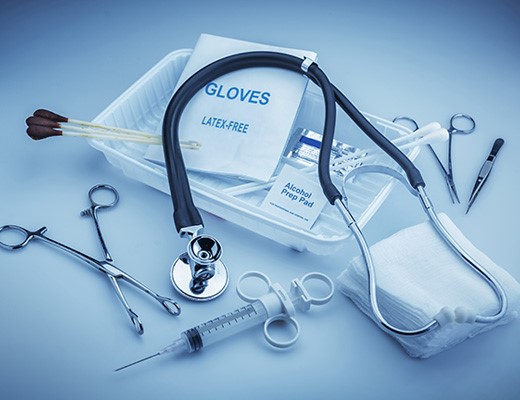Free Courses Sale ends Soon, Get It Now


Free Courses Sale ends Soon, Get It Now



Source: IBEF
Disclaimer: Copyright infringement not intended.
Context
Details
Objectives
Legal Framework
Importance of PMS
Materiovigilance Programme of India (MvPI)
Objectives:
The primary objectives of the MvPI are:
Organizational Structure:
The MvPI operates under the following structure:
Sources:
|
PRACTICE QUESTION Q. The Materiovigilance Programme of India is a crucial initiative for ensuring the safety of medical devices in the country. Critically Analyse. (150 Words) |
© 2024 iasgyan. All right reserved